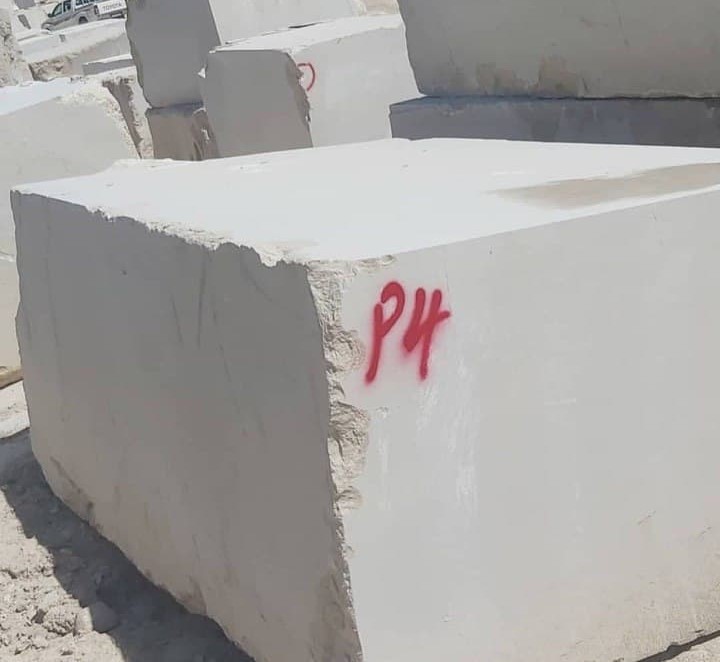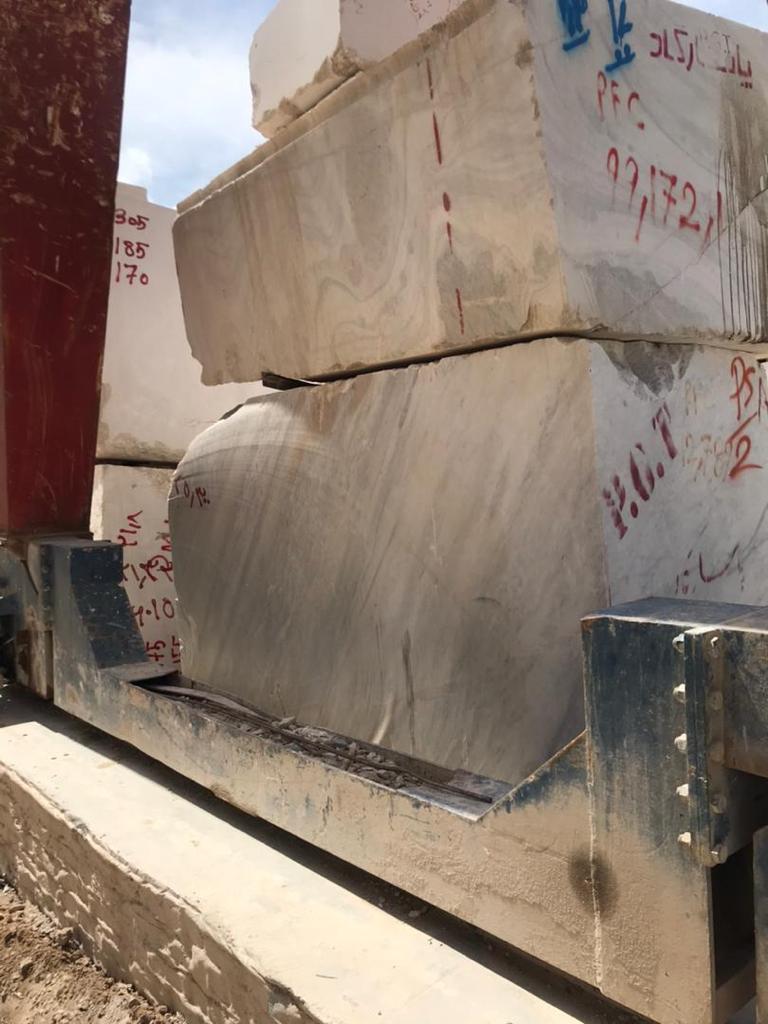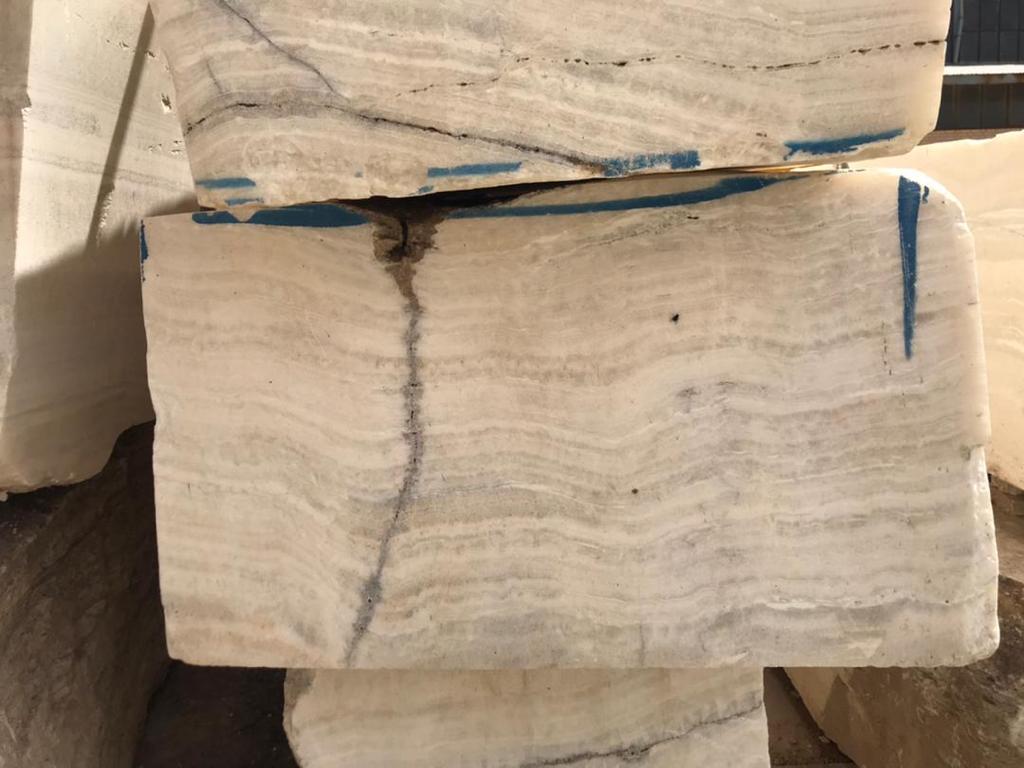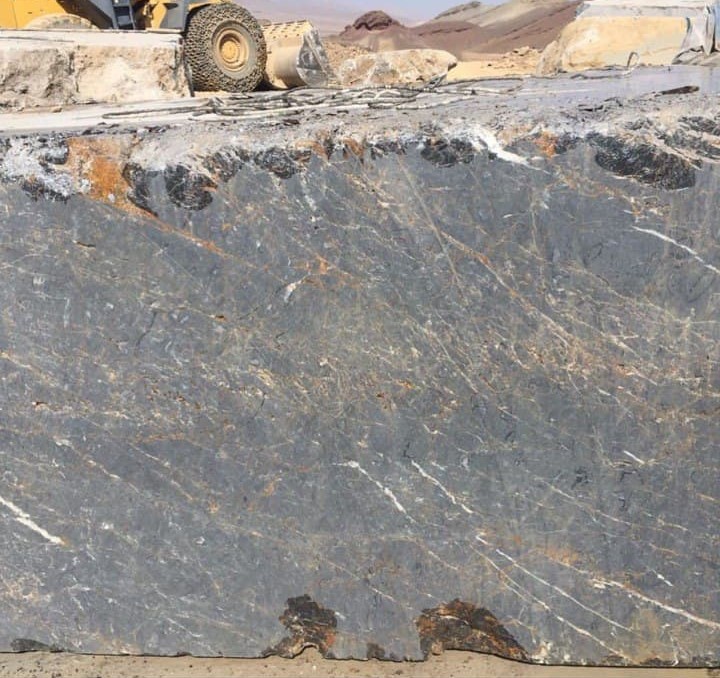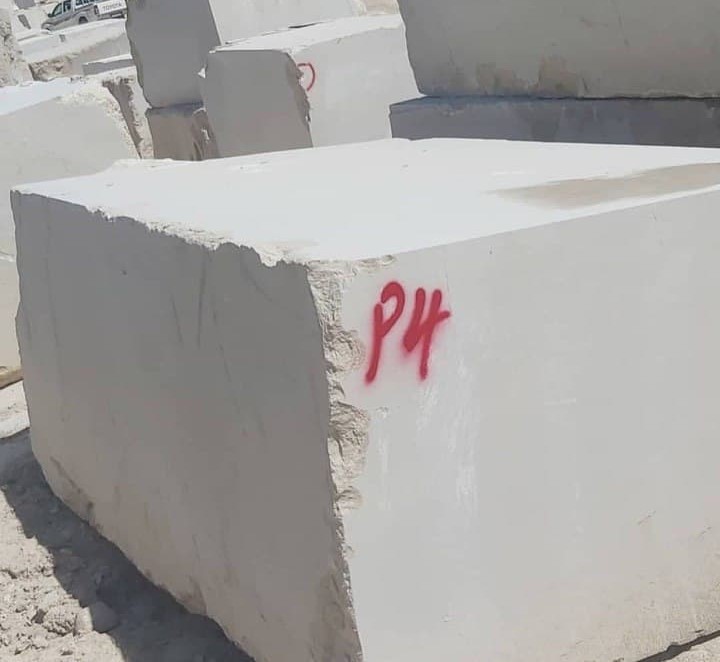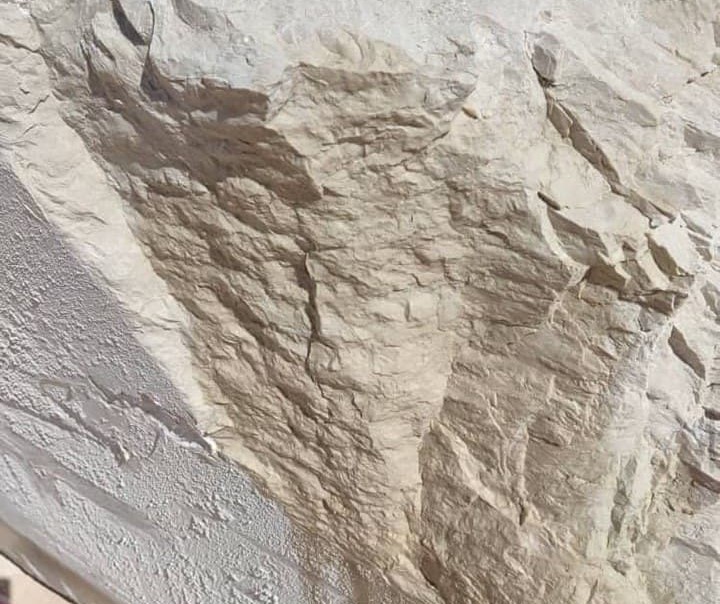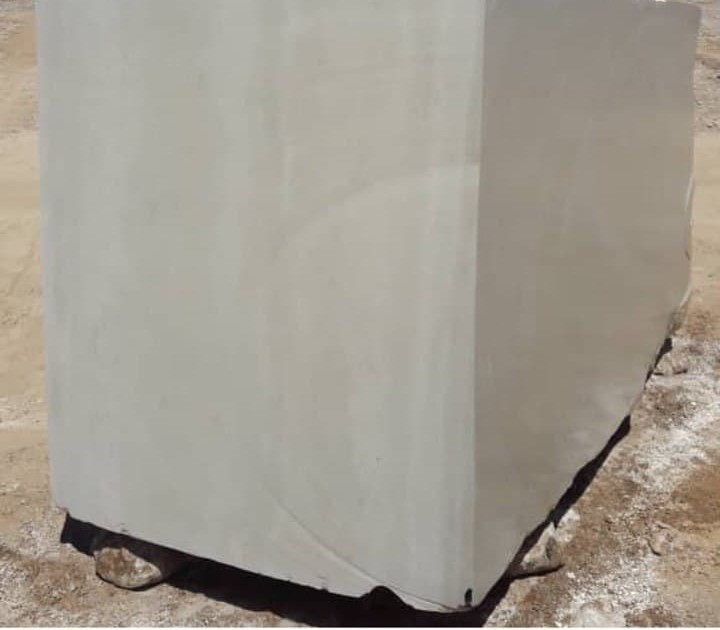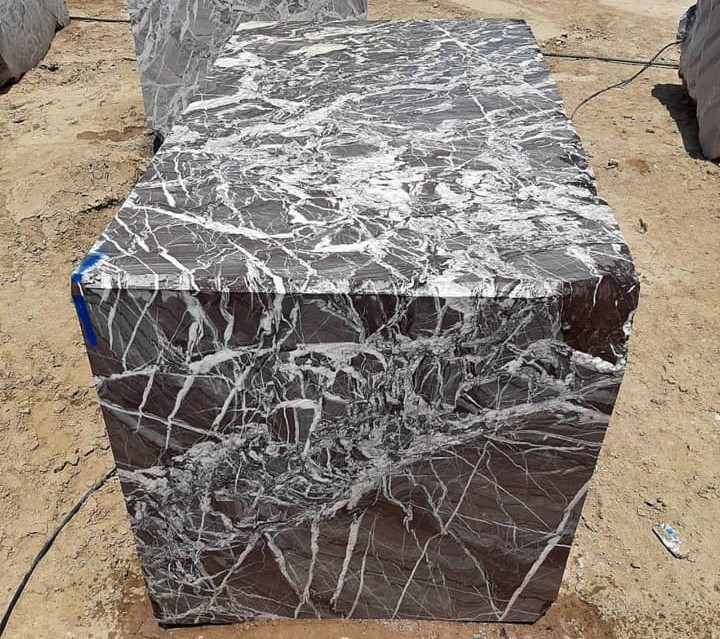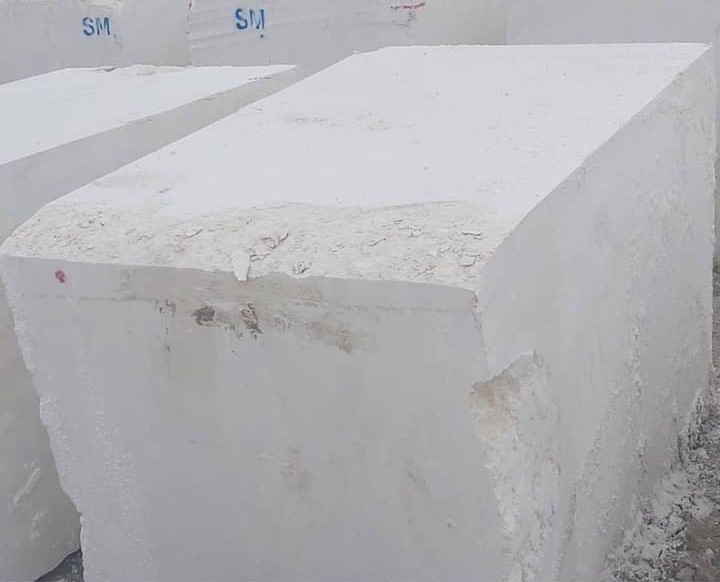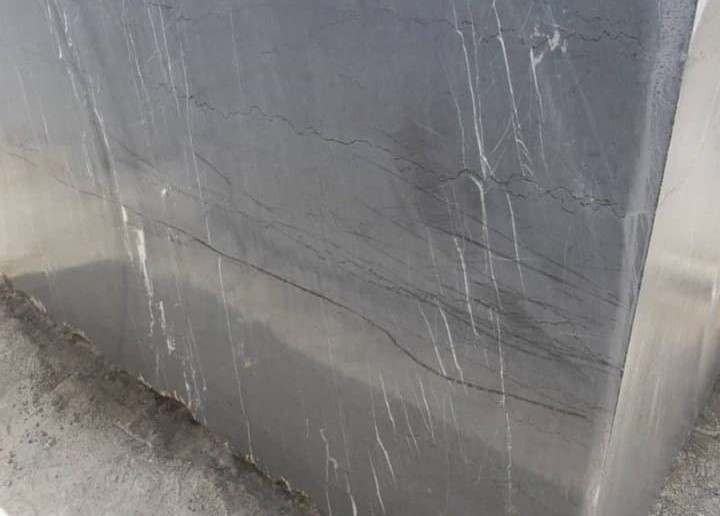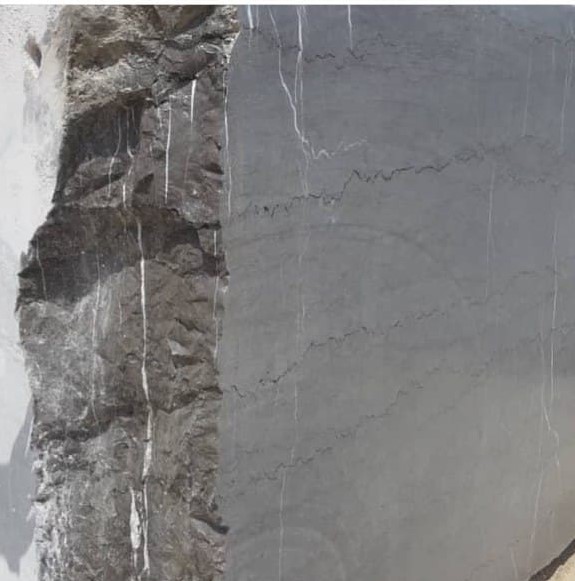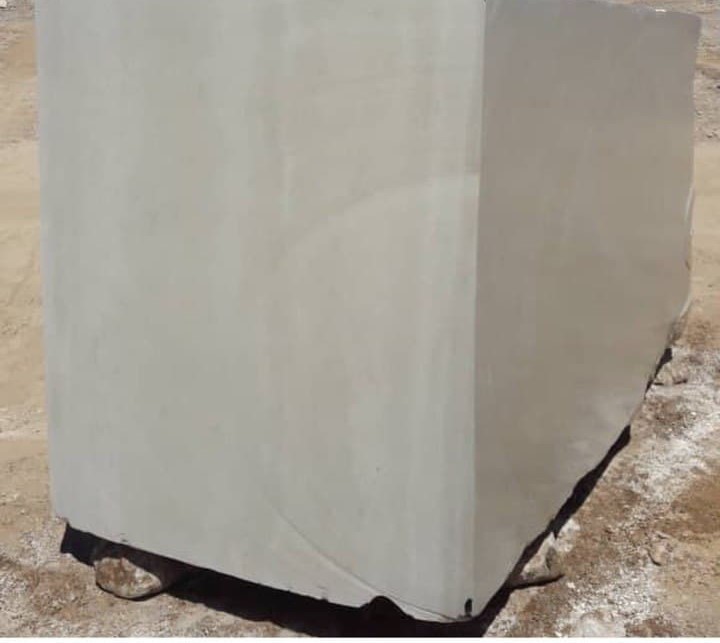Block Marble
Marble is an example of a type of building stone and is in the category of metamorphic limestone. The base of this metamorphic rock is calcium carbonate and is composed of calcite, dolomite and crystal.
It is well known that water and asphalt will not mix, except under carefully controlled conditions using highly specialized equipment and chemical additives.
. IT is one of the stones that shows great resistance to heat. This stone weighs about 2560 kg per square meter and its compressive strength and reliability are higher than travertine and lower than granite. marble has a wide range of colors due to the presence of impurities within. This stone can be used as flooring and wall covering.
Application:
- Floor stones of residential units
- Floor stones of commercial and residential units
- View of the interior walls of the building
- Stairs and parking floors
Physically, these are recrystallized, Hard, Compact, fine to very fine grained metamorphosed rocks capable of taking shining polish.Hardness
3 to 4 on Moh’s Scale
Density
2.55 to 2.7 Kg/cm3
Compressive Strength
70 to 140 N/mm2
Modulus of Rupture
12 to 18 N/mm2
Water Absorption
Less than 0.5%
(except Rainforest Green/Brown with 2-3%)Porosity
Quite low
Weather Impact
Resistant
Chemical Properties of MarbleChemically, they are crystalline rocks composed predominantly of calcite, dolomite or serpentine minerals. The other minor constituents vary from origin to origin.
Lime (CaO)
28-32%
Silica (SiO2)
3-30% (varies with variety)
MgO
20 to 25%
FeO + Fe2O3
1-3%
Loss On Ignition (LOI)
20-45%
